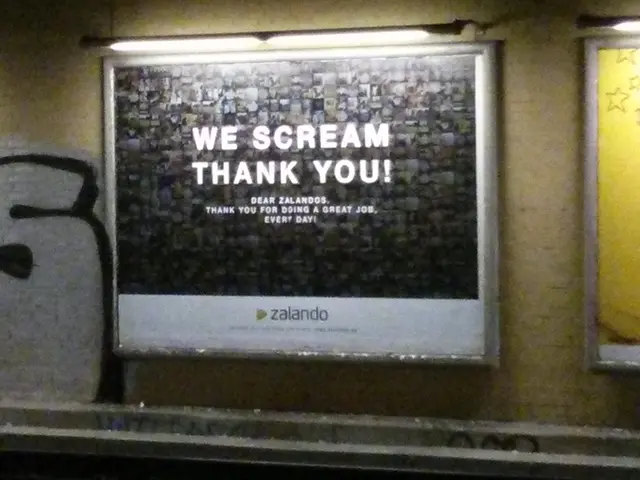"EU Commissioner Thierry Breton announces plans for a secure summer opening of the EU"
The European Union is making significant strides towards a safe reopening of its tourism sector, with key digital and vaccine-related measures being implemented.
Last week, Thierry Breton, EU Commissioner for the internal market, spoke at the High-Level Forum on Sustainability and Tourism in Portugal. The event, organised by the Portuguese Presidency of the Council of the European Union, aimed to lay the foundations for real change in the tourism sector, enabling it to achieve a higher standard of development on a more sustainable and responsible basis.
During the forum, strategies and methodologies for finding common denominators to underpin the recovery in tourism in the European Union were discussed. Breton underlined the importance of the tourism industry seizing the opportunities of the green and digital transition, as people are increasingly seeking greener holidays, destinations with fewer people, and those closer to nature to leave a smaller environmental footprint.
One of the digital measures being implemented is the European Travel Information and Authorization System (ETIAS). This new digital entry requirement, set to be fully operational by late 2026, requires visa-exempt travelers to obtain pre-travel authorization and pay a fee (€7 originally, with a proposed increase to €20 under debate). The system enhances security screening while regulating the flow of tourists entering the Schengen Area, thus contributing to safer travel.
The EU's confidence in vaccine production and uptake has also played a crucial role in the reopening plan. While specific up-to-date figures were not found, Thierry Breton stated that there has been a considerable increase in vaccine production capacity. According to Breton, enough doses will be delivered to vaccinate 70% of the EU population by mid-July. Breton leads the working group on the EU's strategy for vaccination against Covid-19.
The EU's digital certificate is another key measure intended to facilitate movement within the EU by certifying that someone is immune to or has recently tested negative for Covid-19. The European Parliament and the Council are now ready to finalize the negotiations on the digital certificate by the end of May. Breton emphasized that the digital certificate will be crucial for safe travel and tourism within the EU.
In summary, the EU's safe tourism reopening includes ETIAS digital authorization to enhance security and manage travel flows, and the EU's digital certificate to ensure safe travel and tourism within the EU. The EU's confidence in vaccine production and uptake has enabled expanding internal free movement and relaxed border policies, reflecting improved pandemic control among member states. The ETIAS fee hike debate highlights the tensions between security, traveler convenience, and tourism competitiveness.
References:
[1] European Commission. (2021). Schengen border modernization. Retrieved from https://ec.europa.eu/home-affairs/what-we-do/policies/borders-and-visas/schengen/modernisation_en
[2] European Commission. (2021). European Travel Information and Authorization System (ETIAS). Retrieved from https://ec.europa.eu/home-affairs/what-we-do/policies/borders-and-visas/etias_en
[3] European Commission. (2021). ETIAS fee increase. Retrieved from https://ec.europa.eu/info/publications/etias-fee-increase_en
[4] European Parliament. (2021). ETIAS: European Travel Information and Authorization System. Retrieved from https://www.europarl.europa.eu/news/en/headlines/ society/20210329STO65685/etias-european-travel-information-and-authorization-system
- The EU Commissioner for the internal market, Thierry Breton, has highlighted the tourism industry's opportunity to embrace the green and digital transition, as more travelers are opting for eco-friendly destinations that offer a closer connection with nature.
- During the High-Level Forum on Sustainability and Tourism, common strategies were discussed to foster recovery in the European tourism sector, with a focus on promoting destinations that prioritize sustainability and responsible development.
- Part of the EU's strategic measures for enhanced tourism sustainability includes the European Travel Information and Authorization System (ETIAS), which aims to regulate the flow of tourists entering the Schengen Area, while contributing to safer travel and achieving ecological goals.
- In the realm of politics and policy-and-legislation, the digital certificate, designed to ensure safe travel and tourism within the EU, is being finalized by the European Parliament and the Council, and is expected to play a crucial role in the facilitation of movement among EU member states.
- General news reports indicate that the EU's vaccination strategy is proceeding effectively, with enough doses projected to vaccinate 70% of the EU population by mid-July, paving the way for the relaxation of travel restrictions and boosting the eco-tourism sector's recovery.








